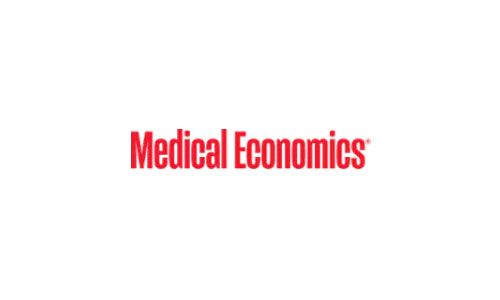
How Retail Acquisitions Will Accelerate Adoption of Value-based Care
By Brooke LeVasseur
Recent retail acquisitions in health care like those undertaken by Amazon, CVS, and Walgreens are leading many to wonder what the industry’s future will look like. One thing is certain: these deals confirm that innovation and transformation are coming to the health care industry. I predict that we will see these companies address huge problems related to the adoption of value-based care (VBC), a form of reimbursement that ties physician payment to the quality of care provided. Here is how retail health companies will change the future of VBC amid growing demand for better access to primary care across the country.
1) We’ll see more adoption of value-based care to advance health equity and affordability
Major health care players are ramping up investment in tools supporting VBC as a strategic play to capture more health care spending. CVS’ acquisition of Oak Street Health is one example of a visible commitment to VBC that lowers costs and improves outcomes. By combining its health services with Oak Street Health, CVS VBC gained a more expansive footprint. Oak Street had more than 600 primary care providers and 169 senior-focused medical centers across 21 states before the acquisition. The company’s focus on seniors aligns with the area of the market most focused on VBC—Medicare. I expect many other big retailers will follow this model.
According to a Health Care Payment Learning & Action Network survey, only 41% of health care spending is paid in fee-for-service reimbursements. VBC retailers will accelerate the adoption of value-based payment models, especially now that the Centers for Medicare & Medicaid Servicesis extending its Medicare Advantage value-based model through 2030 and offering a new program, Making Care Primary (MCP) Model, to support primary care practices as they take on more risk.
Data transparency is critical to the success of VBC for these organizations. It’s vital for retail locations to know which specialists are in-network and nearby. With greater transparency, patients realize greater access and lower cost of care—more convenient primary and specialty care and lower copays when referred to in-network specialists. Retailers like Amazon, CVS, and Walgreens will need access to technology that enables them to quickly search for specialists that accept the patient’s insurance and can schedule the patient.

Healthcare Trends: Will Retail Expansion Impact the Adoption of Value-Based Care?
Our predictions for 2023 healthcare trends focus on reducing manual processes to improve staff retention and patient satisfaction. In addition, we also expect a greater expansion of retail primary care, which will require greater coordination of data. This year may finally deliver interoperability as retail clinics and patients demand less bureaucracy and faster diagnosis and treatment.
Retail Healthcare will Continue to Expand
As large companies, like Amazon, enter the market while traditional drug stores grow their footprint, changes to the primary care landscape will impact healthcare in 2023 in a number of ways:
1. Health equity will increase as access to a primary care provider becomes available in more locations. When combined with the support of ACA subsidies that expand insurance coverage, patients that were not able to visit a PCP due to cost or location will now use these services.
2. As more patients use retail clinics, access to data related to which specialists are in-network, nearby and available will be critical to the further expansion of retail healthcare. Like traditional primary care practices, these clinics will need to serve patients using Medicare, Medicaid and private coverage. The demands of the patient for in-network copays and the pressure of value-based care payment models, particularly from Medicare and Medicaid plans, will require Amazon, CVS and Walgreens, among others, to quickly search for specialists that can accept the patient’s insurance and schedule the patient soon.
